Mathematical knowledge has puzzled philosophers for millennia. The LSE’s own Imre Lakatos coined the term “Euclidean Programme” for the historically dominant way of thinking about this phenomenon. In a new volume published in the Elements in the Philosophy of Mathematics series by Cambridge University Press, Alexander Paseau (Oxford) and Wesley Wrigley (LSE) trace the history of the Euclidean Programme and offer a systematic critical study of its main ideas.
Mathematical Knowledge
Almost everybody knows that 2+2=4, and the chances are that this is one of the things you know that you’re most confident in. You may even be certain that 2+2=4. This is one of the things which has long puzzled philosophers about mathematical knowledge. It seems to enjoy a particular kind of rational certainty that goes beyond even our most well-established beliefs about the physical world. We would sooner believe that the sky is not blue than that 2+2 is not 4.
A related puzzle is that mathematical knowledge provides substantive, useful information. Certainty is relatively easy to come by, if you are content with learning logical or linguistic trivialities. For example, you do not need to know anything about the UK parliament to know that Sunak isn’t both an MP and not an MP. But figuring this out is of no practical importance, and there seems to be a sense in which you haven’t learnt anything new at all. But mathematical knowledge is not like this. It is of great practical importance in the sciences and engineering, and in effectively navigating our way through life. Every day, mathematicians make difficult and exciting discoveries that no peddler of tautologies could hope to compete with.
And unlike the hard-won discoveries of scientists, there seems to be no chance that our mathematical knowledge could be overturned by future experiments. We do not need to count anything to confirm that 57+61=118; making the calculation is sufficient. And we do not need to deploy a protractor to test if the internal angles of a triangle sum to 180 degrees. The general theorem about the internal angles of a triangle guarantees this in every case.
How is any of this possible? How can we have substantial, certain knowledge of mathematical facts without ever leaving the comfort of the armchair? The most historically significant answer to this question was given by what LSE Philosopher Imre Lakatos called the Euclidean Programme.
Euclid’s Elements
In the most influential textbook of all time, the Elements (c. 300 BCE), Euclid develops the entire geometry of his day in a systematic fashion that came to be the paradigm of proper methodology in mathematics and beyond, throughout Europe and the Islamic world. Euclid defines his terms, sets out some basic logical principles (“common notions”), and then gives a list of five starting assumptions. All of these seem to be obvious and indubitable, such as that any two points can be connected by a line, and that all right angles are the same size. These assumptions he called postulates, though the preferred term today would be axioms. Using just these meagre resources, Euclid cumulatively proves all the major results of planar geometry that were known in his day. This was a remarkable intellectual achievement. The Elements was so influential that it was used as a textbook in Britain until at least the 19th century, some 2200 years after it was first written.
Euclid himself was no philosopher, but his methodology (seemingly prevalent in Greek mathematical culture for some time before the Elements) inspired many philosophers to articulate an account of mathematical knowledge based on it. All these philosophers said different things, of course, but they shared a core of ideas that Lakatos would later call the Euclidean Programme. This collection of ideas was so influential that it came to be established as the orthodoxy amongst philosophers and mathematicians for several thousand years.
Lakatos is not entirely clear about what he takes the Euclidean Programme to be; as he himself admits, ‘the fascinating story of the Euclidean programme and of its breakdown has not yet been written’. Despite the potential significance of this story, surprisingly little progress has been made since Lakatos’s day. In our new book, The Euclidean Programme, we provide a systematic characterization of the eponymous programme (the “EP”, hereafter) in order to make sense of a jumble of ideas from major figures in the history of mathematics and philosophy, such as Aristotle, René Descartes, and Blaise Pascal.
The Euclidean Programme
What is the EP? We take it to be characterized by three essential principles. First, that mathematics starts with axioms. These are true propositions pertaining to the subject at hand (Euclid’s axioms are geometric, but there are also axioms for arithmetic, group theory, and other areas of mathematics). Second, the truth of the axioms is self-evident, such that anybody who understands the axioms at all can see that they are true. For example, the axiom that right angles are all the same size might not be evident if you don’t know what the expression “right angle” means. But if you do, the axiom is obviously correct. Third, the EP claims that our justification for propositions that are not axioms, usually called theorems, is owed ultimately to our knowledge of the axioms and the process of deduction from those. Consider, for example, Pythagoras’s theorem. According to the EP, somebody who truly knows this proposition, in the characteristic fashion of having unshakeable and certain knowledge of it, does so not because it is obvious, nor because their teacher told them about it, nor because they measured many right triangles. Rather, they know it because they are certain of the truth of the axioms, and they have used the axioms to rigorously prove the theorem.
This general picture seems to do a rather good job of explaining the puzzling features of mathematical knowledge highlighted above. The self-evidence of the axioms explains how we can initially obtain certain knowledge. If something is truly self-evident, then it makes no sense to doubt it, and no experiment is required to test it. Yet the truth of the axioms is, in at least many cases, substantive, and not trivial or definitional. For example, consider the axiom of induction in arithmetic. Let P be any numerical property. According to the induction axiom, if 0 is P, and if whenever a number n is P, its successor n+1 is P, then all numbers are P. This is not some logical triviality, nor is it part of the definition of a number. It is a substantive truth about the numbers, but one that the friend of the EP would claim is self-evident to the mathematician who properly understands the relevant terms. Finally, rigorous mathematical proof is a water-tight process of deductive reasoning, that is foolproof when performed correctly. Since theorems are derived from axioms via proof, the certain knowledge enjoyed by the axioms thereby flows to the theorems, explaining how we can have indupitable knowledge of mathematical propositions that are difficult or obscure at first glance.
Lakatos gave a similar characterisation of the EP, but he also included several other principles, which we discuss in the book. Ultimately, we think that some of Lakatos’s principles should not have been included at all, since they do not adequately reflect the history of the EP, but rather his own philosophical agenda. Other of his principles are adopted by many, but not all, philosophers in the tradition of the EP. We relegate such principles to the periphery of the programme, and add some further principles there that went undetected by Lakatos. But the core idea behind the EP is that axioms are self-evident truths, while theorems are known to be true by deduction from the axioms.
The Decline of the EP
As the dominant account of mathematical knowledge, the EP had a remarkably good run. The core ideas of the EP can be identified in the works of Aristotle, meaning that the Programme was on the rise from about 350 BCE (before the Elements was even written). In a textbook first published in 1941, the EP was endorsed by Alfred Tarski, and was described as “currently conventional” by Solomon Feferman in 1998. If certain interpreters of Aristotle, and a distinguished mathematical logician, are correct, then this would give the EP a reign of at least 2,300 years.
Undoubtedly, the EP is no longer the prevalent view, amongst philosophers at least. In the second part of the book, we assess the principles of the EP and show that they are put under serious strain by modern mathematics. We take a broadly naturalistic approach, analysing whether, for example, the axioms that mathematicians actually use can be said to be self-evident, and whether mathematical knowledge really is analogous to a structure built cumulatively on the foundation of the axioms. By examining the state of various mathematical fields today — arithmetic, group theory, and set theory — we show that the EP is no longer fit for purpose as an epistemology of mathematics.
It might be worth saying a few words about this naturalistic approach, for those who are unfamiliar with it. After all, you might think that if mathematicians do all sorts of things which don’t fit the mould of the EP, such as deploying non-self-evident axioms, perhaps it is the mathematicians who are wrong, rather than the EP. In a general sense, this is of course possible. But the epistemological good-standing of mathematics as a whole is not seriously up for debate. Mathematicians consistently manage to produce results that qualify as knowledge by any reasonable standard. So, the interesting philosophical problem is not whether there is mathematical knowledge according to some given prescriptive standard, but rather how there is mathematical knowledge such as we actually have it. If the methodologies used by mathematicians in practice look nothing like the knowledge-generating procedures prescribed by the EP, then the programme is in no position to explain to us how actual mathematical methods have led to such a wealth of impressive discoveries. But that is the question that we are interested in as philosophers of mathematics today.
After the EP
If mathematics is not simply the deduction of truths from self-evident axioms, then what is it? The epistemological picture in modern mathematics is a rather messy and complicated one. In the last part of the book, we explore the kinds of epistemological considerations that hold sway today, and sketch a general picture of mathematical epistemology after the EP.
Certain aspects of the EP turn out to have survived after all, though suitably modified to accommodate the staggering transformation that mathematics has undergone since the heyday of the EP in the seventeenth century. For example, while it is no longer plausible to regard all the accepted axioms as self-evidently certain, a weaker idea that axioms should capture fundamental conceptual features of their subject matter has survived. But other prevalent axioms are justified in radically different ways which suggest that the epistemology of mathematics is significantly closer to that of the natural sciences than the EP would suggest.
Perhaps we should not be surprised that the EP continues to survive, in some form or another. As Lakatos wrote, a “Euclidean never has to admit defeat: his programme is irrefutable’’. Rather than refute the EP directly, we hope to show in this book that it is at best silent on many important questions. There is much about mathematics today that the EP is simply incapable of explaining, despite its almost irresistible intuitive appeal, and its remarkable historical pedigree.
The Euclidean Programme is available online from Cambridge University Press, and is free to read until 14/02/2024. It will also be available soon in paperback and hardback.
By Wesley Wrigley
A.C. Paseau is Professor of Mathematical Philosophy at the University of Oxford and Stuart Hampshire Fellow at Wadham College. He is the author, with Alan Baker, of Indispensability, also in the Elements series.
Wesley Wrigley is a Fellow in the Department of Philosophy, Logic, and Scientific method at the LSE. His research focuses on the philosophy of mathematics, logic, and the history of analytic philosophy.


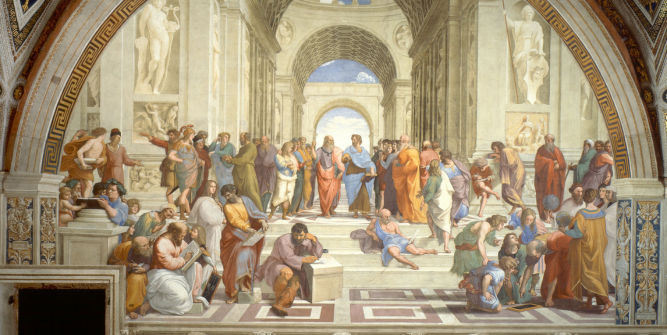




































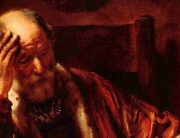
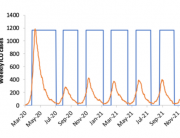

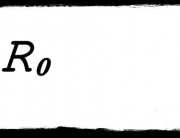

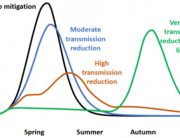
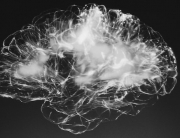









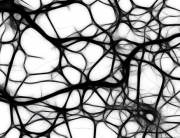
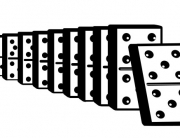







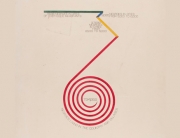






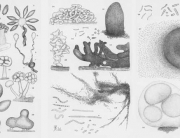










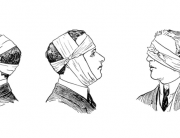
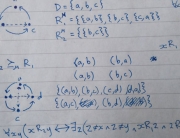











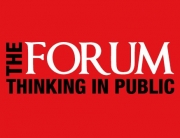













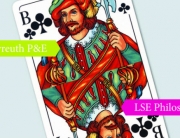


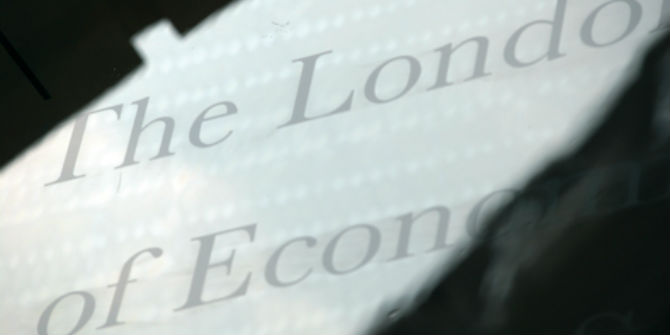





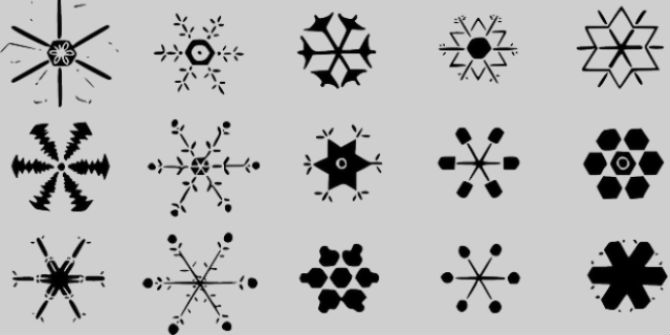




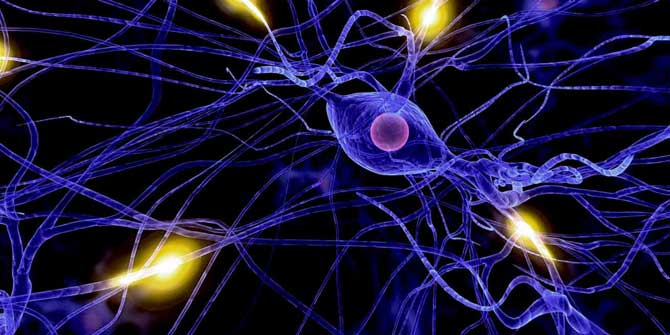
Connect with us
Facebook
Twitter
Youtube
Flickr